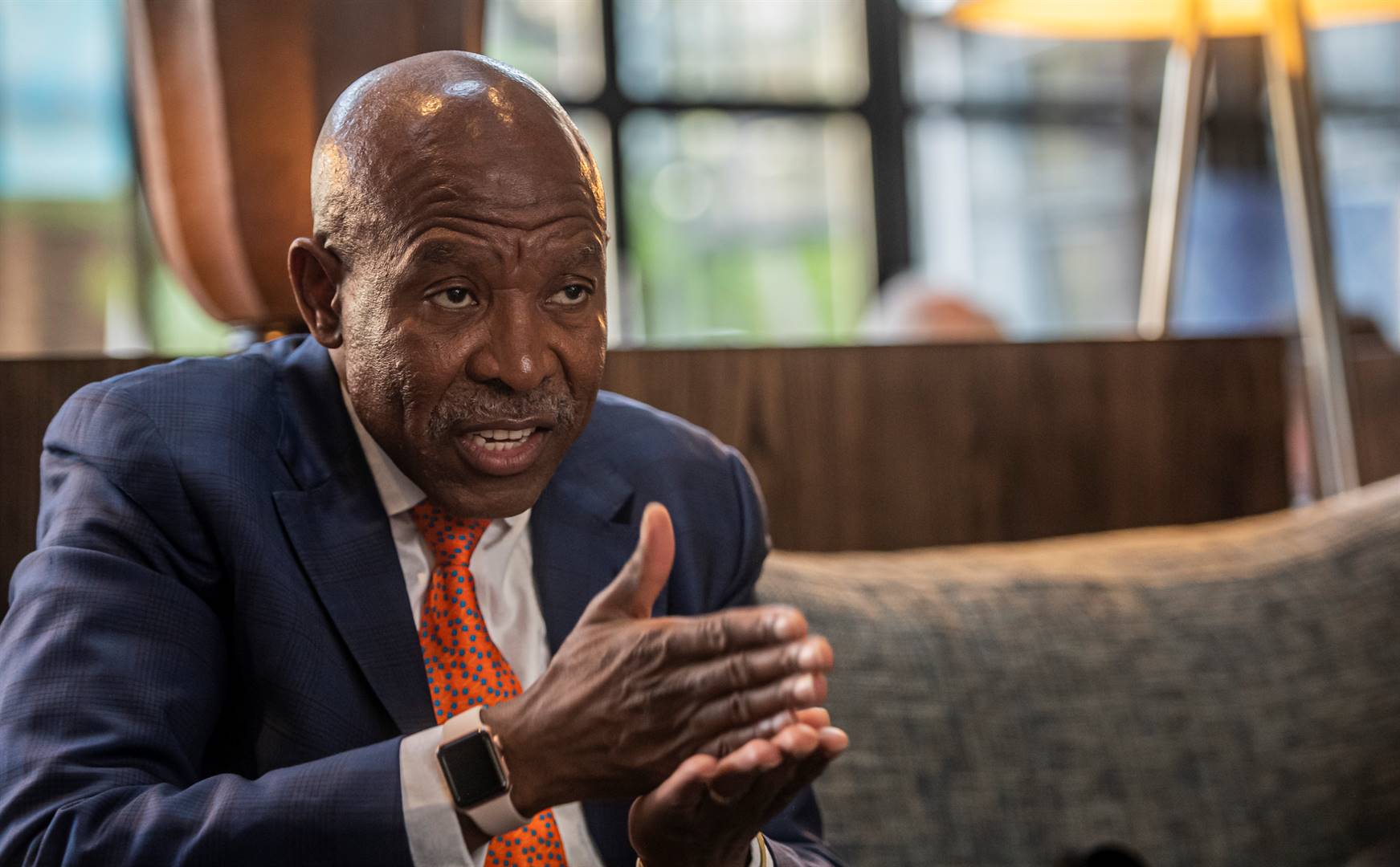
Tackling SA’s high debt levels and sluggish growth will yield far better results than debates on the central bank’s mandate, says its governor
First eat your vegetables, then comes dessert.
This is what SA Reserve Bank governor Lesetja Kganyago says about the situation in which South Africans find themselves, what with our high public debt levels, poor economic growth and a possible downgrade of the public debt to subinvestment, or “junk”, status.
“South Africa’s credit rating is in our own hands. We know very well what the credit rating agencies are concerned about. If we tackle this, we can maintain our investment status. If we do what we said we were going to do, we could get a better rating in the next few years,” Kganyago said in an interview with City Press’ sister publication, Rapport, last week.
He believes that our political leaders know what the challenges are and what needs to be done.
“When it comes to the economy, there is no such thing as a free meal, just tough decisions. And those are the tough decisions that the country’s elected leaders have to make.”
Kganyago compared the fiscal situation to changing one’s lifestyle and eating vegetables regularly, rather than taking cholesterol and high blood pressure medication to stabilise one’s somatic system.
He said that our situation prompted the following question: If the country is downgraded, will investors already have taken their money out, or will they only do so once a downgrade happens?
If the money is already out of the country, he reasoned, a downgrade will naturally not lead to a large outflow of capital.
But if it is still here when a downgrade occurs, money will flow out of South Africa, the rand will weaken and this could push up inflation.
If this happens, the Reserve Bank will have to respond to curb inflation.
Kganyago pointed out that higher inflation makes South Africans poorer.
Having financial assets can protect people to some extent, but for ordinary workers or the unemployed, high inflation means hardship.
Regarding current debates over the central bank’s mandate and role, as well as the ownership of the bank and the ANC’s expressed intention to nationalise it, Kganyago expressed concern at the way the matter was being bandied about in public.
He said that just as people calmed down following assurances from the president or the finance minister, someone would come up with another thoughtless remark and create instability.
He questioned whether this was the most important debate we should be having in South Africa today.
“We need to focus on our challenges. The economy is barely growing. Will the debate on the mandate, independence or ownership of the bank help us get the economy going?”
Asked whether he got frustrated or irritated by such questions popping up repeatedly, Kganyago simply said he “drinks a lot of camomile tea”.
“We also need to talk about why South Africa is growing more slowly than the global economy and, for the past few years, more slowly than other emerging markets. What is it that we have done or not done that makes our growth rate not keep up with that of the others?”
He warned about the ongoing trade tensions between China and America, two of South Africa’s most important trading partners, saying it would take its toll on a small, open economy such as ours.
In July, President Cyril Ramaphosa reappointed Kganyago as governor of the Reserve Bank for another five-year term.
Kganyago said he felt privileged to be in a position to serve the country and its citizens, adding that he could not imagine himself doing anything else.
“I have a passion to serve. This work is a calling, not a job. If I am asked to serve, I am available wherever my skills and knowledge are needed.
“I am prepared to do my job at the central bank without fear of opposition or pressure. The bank’s staff consists of good people, who understand what is needed. These people look up to me to lead them.”
Why do you think SA’s growth rate continues to fall behind that of other countries?
SMS us on 35697 using the keyword ECONOMY and tell us what you think. Please include your name and province. SMSes cost R1.50. By participating, you agree to receive occasional marketing material




 Publications
Publications
 Partners
Partners








